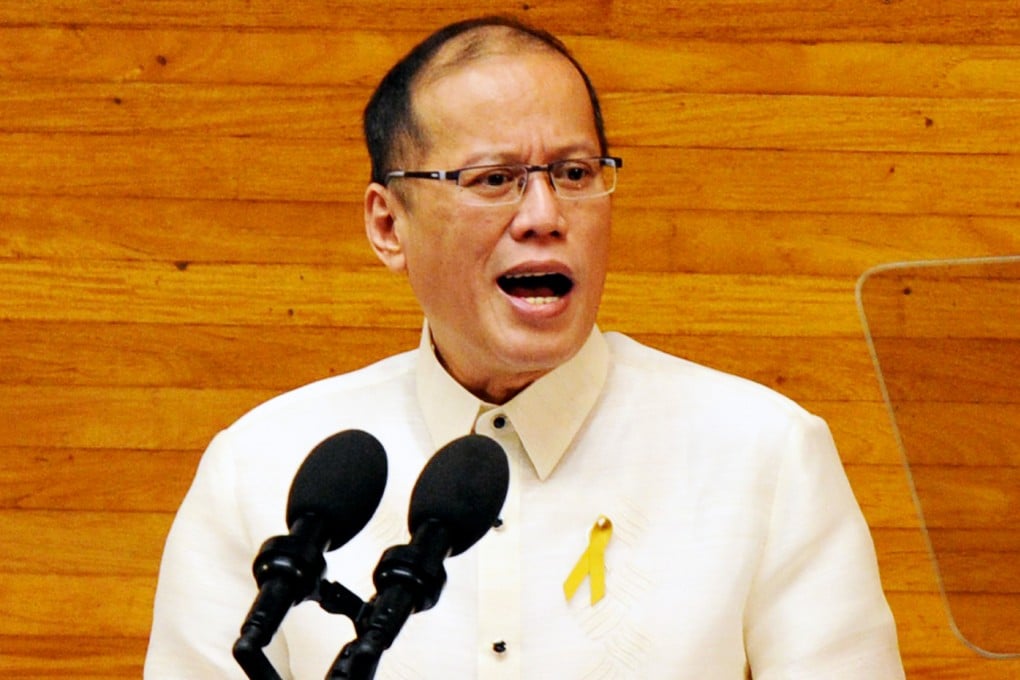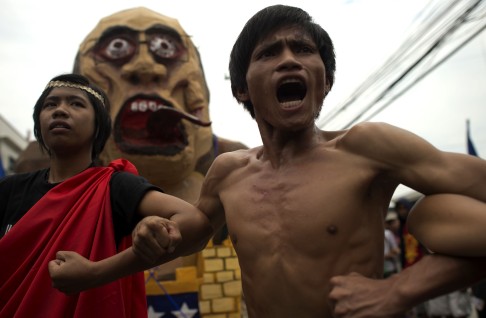Popular or not? Philippines president Benigno Aquino aims to secure his legacy with final State of the Nation address

When President Benigno Aquino gave his first State of the Nation Address in 2011, he sent foreign diplomats in the audience scrambling for assistance when he spoke in the local language, Tagalog. Previous presidents always used English. On Monday, envoys will have interpreters ready as the president delivers the last speech of his term.
It isn’t just in use of the national language that Aquino differs from his predecessors. Past presidents in the last year of their terms were lame ducks, crippled by low ratings and public disenchantment. Aquino by comparison enjoys high ratings and could be the most popular president the country’s had since polls were taken. According to Dr. Mahar Mangahas, president of Philippine-based opinion survey firm Social Weather Stations (SWS): “He has been the most popular one at this stage.”
The State of the Nation Address is a piece of political theatre where the president speaks to an assembly of glittering and expensively dressed lawmakers. He lists and lauds his accomplishments to applause while a few kilometres away, policemen restrain and hose down hundreds of shouting radical left protestors. The demonstrators today are expected to belittle the president, denounce him as a failure and burn him in effigy.

But Aurelio German, a political strategist who helped Joseph Estrada become president in 1998, said: “If I were rating him I would give him a B+. I would say 75% of what he promised in the four [previous addresses] he was able to achieve; the 25% I can see the administration is trying hard to fulfil but there is no more time.”
Aquino won the presidency in 2010 on a platform called “Matuwid na Daan” - the straight and narrow path - which vowed to attack corruption. It wasn’t just a hollow promise: today an ex-president and three powerful senators are confined while being tried for fraud and plunder -- a first in the country’s history. An Aquino-dominated congress also impeached the Supreme Court’s chief justice for undeclared wealth and forced the resignation of the ombudsman, government’s independent anti graft investigator.
The government’s reforms and openness boosted economic growth, increased investor confidence and reduced poverty. The administration also managed to pass a reproductive health law, breaking decades-long resistance of the Catholic Church. In external affairs, Aquino got public support when he stood up to Beijing on the South China Sea dispute.
